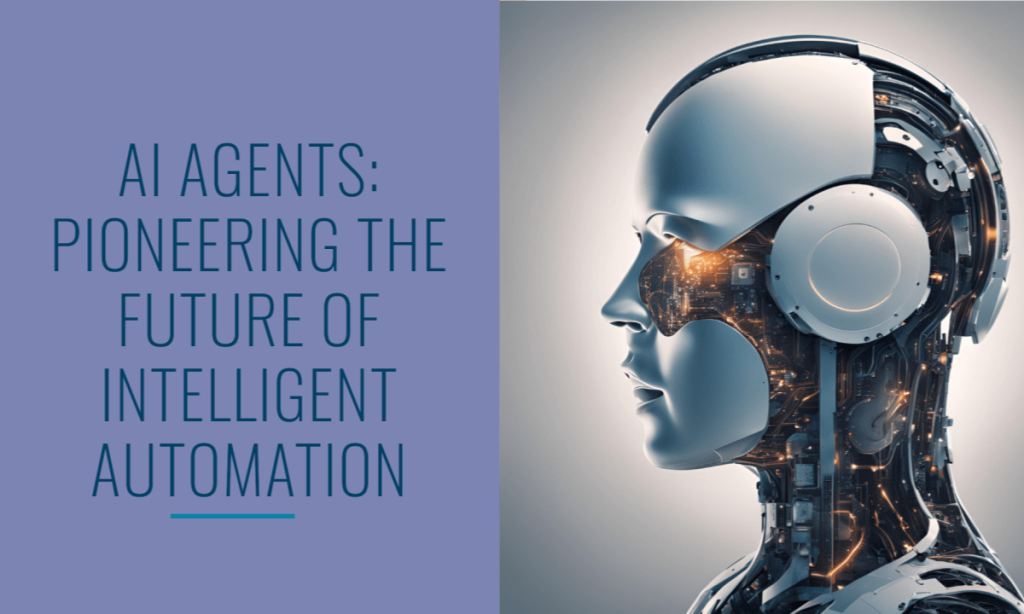
The growth of autonomous AI agents has transformed industries with the application of intelligent automation in a variety of business processes. Contrary to traditional software, these systems can make their own decisions and adapt to changes in their surroundings and constantly learn from information.
Through automating repetitive and time-consuming tasks, companies can boost efficiency, reduce errors, and put their staff on the most critical projects, which can increase productivity and generate more innovation.
Understanding Autonomous AI Agents
Autonomous AI agents are autonomous software systems that can perform complex tasks without human supervision. They combine decisions, problem-solving, and real-time analysis of data, which lets them work on their own and learn from the results.
They are employed in a variety of sectors, including customer service and logistics, manufacturing, finance, and IT operations. They offer the same efficiency and flexibility.
Key Benefits of Intelligent Automation
The use of autonomous AI agents offers a variety of advantages. The improved effectiveness of AI can allow companies to manage greater volumes of work without the human resources required to manage it. Accuracy improves because these programs reduce the chance of human error in critical procedures.
Cost savings are realized by reducing operating expenses, and the capability to scale up allows businesses to grow with ease. By streamlining workflows and automating routine processes, companies can concentrate on innovation and growth.
Applications Across Industries
In terms of customer support, AI-powered agents assist 24/7 and handle multiple inquiries simultaneously. In the field of finance, they monitor transactions, detect anomalies, and help reduce risk.
Manufacturing and logistics gain from the process that predicts maintenance used in manufacturing, inventory management, and improving the supply chain process, thereby improving the efficiency and reliability of the operations.
Challenges and Future Outlook
The implementation of autonomous AI agents requires careful planning. This includes ensuring data privacy and security and incorporating them into workflows already in place.
Training and monitoring systems for employees are vital to ensure maximum effectiveness. As the AI agents improve and grow in their capabilities, they’ll be able to tackle more complex tasks and interact in a seamless way with humans, transforming the norms of productivity and creating new innovations across industries.
Businesses that are embracing the concept of autonomous AI agents are setting themselves to compete in the near future technological advancements.
